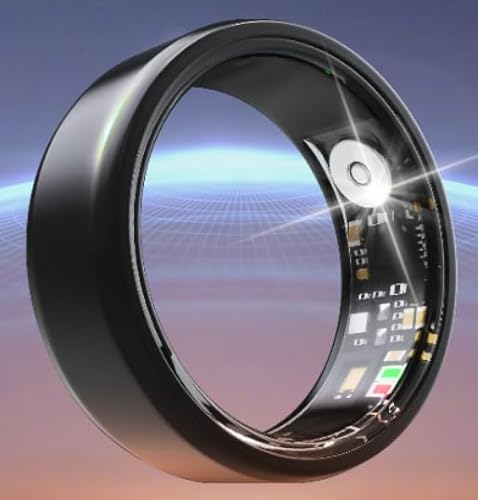Get him moving
Get him moving
Warren,
It is important to get your father moving. No one can
tell how much he will be able to get back. The key to his
recovery is to get him moving as soon as possible. OSU has
a very fine rehabilitation unit( I was there in 1982 ) and they do remarkable things. As Nancy says " Never give up..........."!
Tell your father everyone here is pulling for him.
Get him moving
Warren,
It is important to get your father moving. No one can
tell how much he will be able to get back. The key to his
recovery is to get him moving as soon as possible. OSU has
a very fine rehabilitation unit( I was there in 1982 ) and they do remarkable things. As Nancy says " Never give up..........."!
Tell your father everyone here is pulling for him.






















